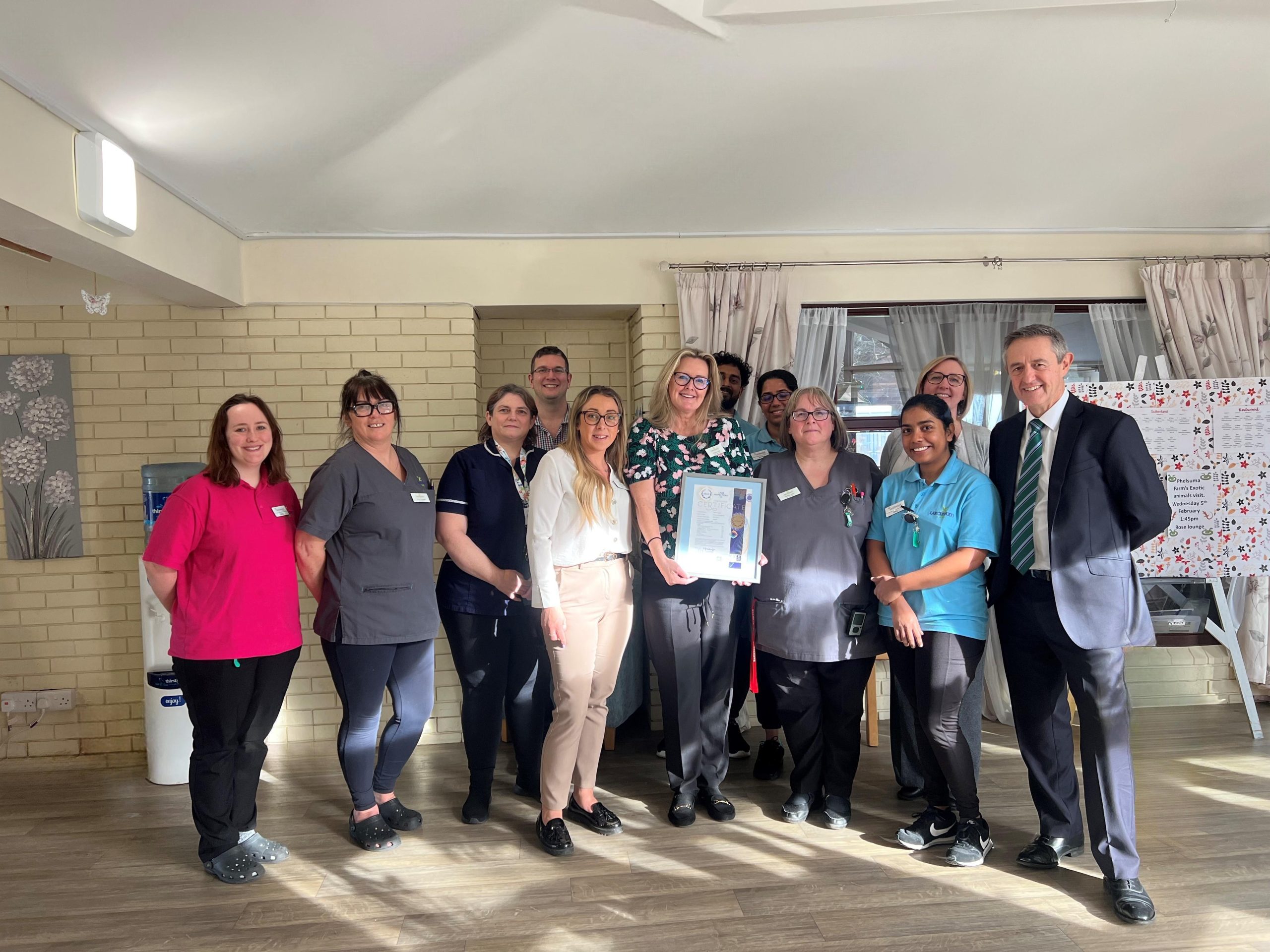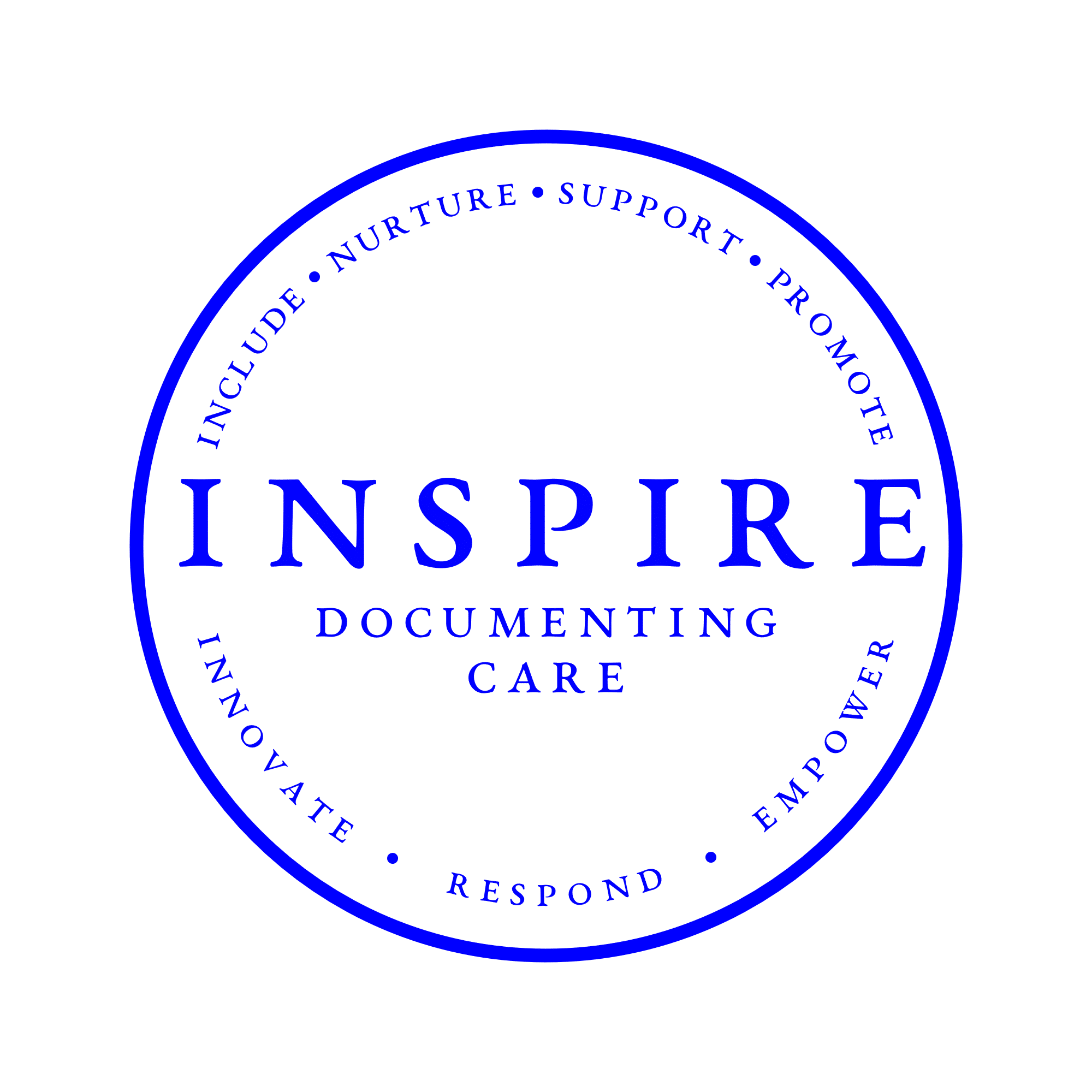Nearly two years into the pandemic, and with a seemingly milder variant of Covid-19 in circulation, is it time to review isolation periods?
Tony Stein, Chief Executive of Healthcare Management Solutions believes the time is right to consider removing isolation periods for those who test positive for Covid-19 but do not have symptoms.
“Up to this point in the pandemic, we have had more than 500 team members – more than a quarter of our workforce – who have tested positive for Covid. Most of them have been asymptomatic. The removal of the PCR element of the isolation period is welcome, but we should go a step further and remove isolation periods entirely for these people.”
Mr Stein argues that current evidence from South Africa, where the Omicron variant was first detected, shows it to be a considerably milder version of the Covid-19 virus, which in a highly vaccinated country such as the UK could pose a much lower risk to society.
“Evidence suggests that if you’re double-vaccinated and boosted – like all social care staff are mandated to be – you aren’t going to get seriously ill. A vast majority of care home residents are also vaccinated.”
The Care Sector Could Ease Pressure on the NHS
With several major incidents declared in England where staff shortages and increased demand due to Covid-19 have been impacting emergency services, Mr Stein believes removing the isolation period for care staff who have tested positive but are not displaying symptoms could be the answer.
“There is a flaw in the argument that the purpose of isolation is to prevent the NHS from being overwhelmed. Most people with Covid are not ending up in hospital, and those that are, are less ill and for a shorter time.
“In fact, at this point, the cure could be worse than the disease itself. In December, there were roughly 14,000 patients who had been stuck in a hospital bed for over three weeks. Nearly 9,000 of these were deemed ready for discharge – but the number of carers isolating meant care homes didn’t have the staffing levels to receive them.”
Following the news of a major incident being declared in Staffordshire due to high Covid-19 cases and the arrival of 200 members of the armed forces to assist the NHS in London, Mr Stein told the Smooth Radio network how staff shortages are affecting the care sector.
“At a care home level, having a significant hole in the workforce means that it can be very difficult to manage visiting, which is obviously very important for our residents and their families – especially after the last two years.”
Let’s Not Miss An Opportunity
Tony Stein has since expressed concerns that we may miss a window of opportunity to change behaviours during a time when a seemingly milder version of coronavirus is in circulation. In a recent interview with TV channel GB News, Tony said: “My worry is that, if during this mild spread of Omicron, we don’t change the way that we behave, then when a potentially more aggressive variant comes out, we’ll be back to lockdown and we won’t have taken advantage of the opportunities for our residents to be visited by their loved ones and for our staff to get a little bit of respite.”
Emphasizing the fact that, in care homes, staff are mandated to be vaccinated and the vast majority of residents are vaccinated and boosted too, Mr Stein believes the isolation period for care home staff should be treated differently.
A Step in the Right Direction
In reaction to a comment from Prime Minister Boris Johnson that the government will “look at the science” when discussing reducing the Covid-19 isolation period from 7 days to 5, Tony Stein said: “This is obviously a step in the right direction and is very welcome indeed. Particularly in light of further evidence from South Africa regarding how mild the Omicron variant is and how well the booster seems to protect against it.”
Tony’s thoughts on reviewing the isolation period for those without symptoms have been featured in the Daily Mail, The Sun and on ITV News.
To find out how Healthcare Management Solutions can help your business simply click here.



